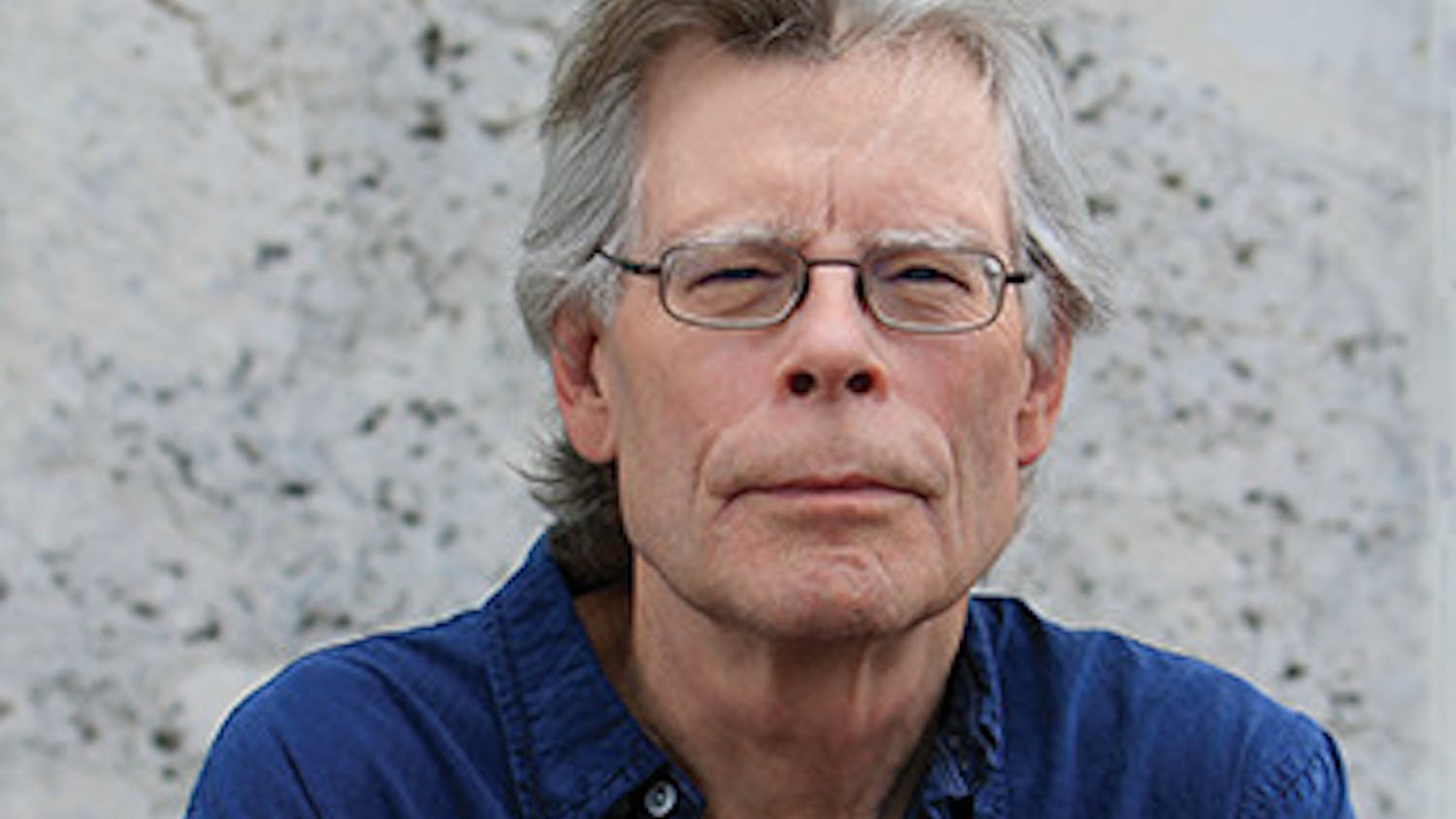Robert Allen Zimmerman began his career in music during high school playing in rock bands in the northeastern mining town of Hibbing, Minnesota. While attending the University of Minnesota in 1960, he discovered the beat poetry scene in Minneapolis and developed an affinity for folk singer Woody Guthrie.
By January 1961, Zimmerman dropped out and traveled to New York City to perform and visit Guthrie as the aging folk singer battled Huntington’s Disease. He also left Robert Zimmerman behind and adopted the alias Bob Dylan after Welsh poet Dylan Thomas.
With the simple decision to relocate, Dylan cemented his future as one of the most prolific writers in music history. He became so important that over 60 years later, a biopic is being made about him starring one of the most renowned actors of our generation: Timothée Chalamet.
The importance of Dylan’s contributions to the musical world cannot be overstated as there has truly never been anyone else like him. He took blues, folk, country and rock influences and made something completely different. His social commentary set the stage for other artists to engage as heavily as they did in the civil rights movements of the 1960s.
His early albums are classic, quintessential folk music, often rooted in the story of the working man and the fight against the oppressor (whoever he may be), Cold War anxieties and/or love and loss. His early songs mostly consist of his unconventional singing and strumming open chords on an acoustic guitar.
Dylan became a god in music and then smashed his own pedestal on July 4, 1965, when he went electric at the Newport Folk Festival. The day Dylan went electric is one of the most pivotal moments in all of music history, pointedly marking his left turn from folk to rock and foreshadowing the more sonically complex sound of his later albums.
Much to the disdain of the folk purists who wanted rock and folk to stay far away from each other, Dylan went electric out of spite after he heard the festival organizer making condescending comments about another group set to perform. Dylan the electric convert would go on to further embrace a rock influence on his next albums, making for a much fuller albeit different sound.
Not only did Dylan break musical boundaries in an unprecedented way, but he also challenged the way musicians were expected to interact with the media. In various interviews, Dylan can be found needling the life out of a reporter, playing word games and spinning the questions back to force them to reflect on themselves and their own motives. He’s sticky and agile at the same time while maintaining the non-threatening air of being a 20-something from Minnesota.
This may be one of the most interesting and even endearing things about Dylan: his ancient words and profound spirit are offset by a shockingly unpretentious demeanor.
Dylan also has written a plethora of songs that have been made famous by other artists. “It Ain’t Me Babe,” popularized by Johnny Cash and June Carter, was written by Dylan a year before they picked it up and features a much slower and stripped sound in Dylan’s version. Jimi Hendrix’s iconic “All Along the Watchtower” was also written and originally recorded by Dylan. Even My Chemical Romance covered Dylan’s “Desolation Row.”
To see someone as talented and renowned as Chalamet step into the role of Dylan all these decades later is so incredibly moving and a massive testament to all the ways Dylan has burned his name into this world.
Megan is a junior studying journalism at Ohio University. Please note that the views expressed in this column do not reflect those of The Post. Want to talk to Megan about her article? Email her at md396520@ohio.edu.
Assistant Opinion Editor






